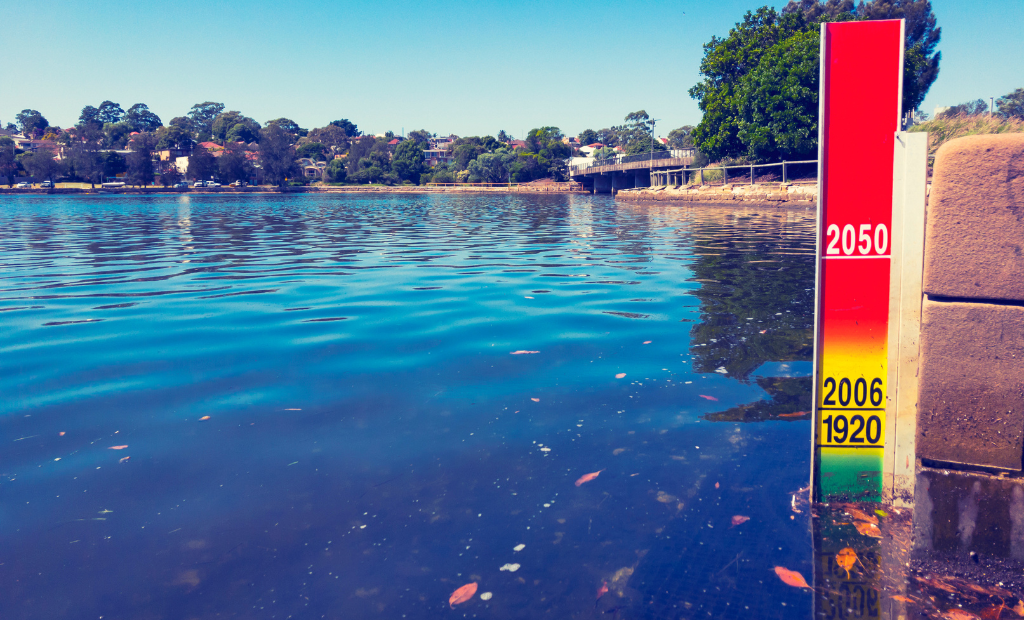We Need to Rethink Climate Politics
Current climate policies risk triggering multiple tipping points, underscoring the urgent need to address emerging non-linear impacts while reinforcing mitigation efforts.
Acknowledging failure is not a weakness but a necessary step to correct one’s actions.
As humanity has been collectively failing to mitigate climate change, we now risk crossing multiple Earth System Tipping Points with catastrophic consequences. Triggering the collapse of the Atlantic Meridional Overturning Circulation (AMOC), for example, would plunge the temperatures of the western and northern parts of Europe, collapsing ice sheets, locking-in several metres of sea level rise worldwide, risking drowning entire nations like Tuvalu.
Yet, for some reason, these tipping points have been absent from most of the climate strategies on which we base our climate policies.
Six tipping points are already at risk of being triggered, even if we stay within the limits of the Paris Agreement. Taking into account that our current policies are leading us towards 3 degrees Celsius of warming, with questions about climate sensitivity (i.e. that the Earth might be more sensitive to greenhouse gases than previously thought), these tipping points have become a real risk.
We are entering an era of climate change where high-risk and highly uncertain climate impacts are becoming increasingly relevant. We simply cannot afford to assume that climate change is a linear process producing gradually worsening impacts – the poop might hit the fan and big time.
So, what can we do?
Prepare for the unknown
The simplest thing to do is to start to understand how triggering different tipping points would affect society and human welfare. What would AMOC collapse mean, for example, for your country’s food security? How much property would be lost due to rising sea levels?

By quantifying these risks and vulnerabilities, we can show how much risk our current climate policies already accept. This is a sobering starting point to think about how we can do to minimise these risks.
In other words, we need to start to think about climate contingency planning and not just mitigation. We need to consider how we respond to the disasters that are already, to some extent, unfolding in front of us.
Occasionally climate action that is not focusing solely on mitigation is criticised as a distraction. However, if the symptoms of climate change are deadly, we don’t have the luxury of focusing solely on addressing the underlying causes of climate change as lives are literally at stake. In 2025, the UK government demonstrated their commitment to risk reduction alongside mitigation efforts by allocating £81 million (€93 million) to a tipping point early warning system.
If we take these risks seriously, we need to stay open-minded to different simultaneous responses: We might need to temporarily provide support to collapsing elements of the earth system while we cut our emissions and draw back the excess carbon from the atmosphere.
Emerging climate risks cannot be addressed in isolation. We must stop approaching them in a siloed way. We are currently facing many overlapping global challenges, such as democratic crises, rising inequality, and heightening geopolitical tensions. These risks don’t emerge one by one, but at the same time, fueling each other.
We need to start to put these risks into the context of climate and start to put climate in the context of security.
Security is not only about military strength, it’s about how we keep societies safe and resilient in the face of crises, including climate change. In Finland, we capture this idea with the concept of “comprehensive security” in which the vital functions of society are taken care of in collaboration between civil society, businesses, governmental actors, and regular citizens in all circumstances. We need to come face-to-face with our current climate policy approaches and acknowledge how much risk they currently pose to human welfare, how much insecurity they accept. Acknowledging this is not a failure, but a critical step in the direction of responsibility and change.